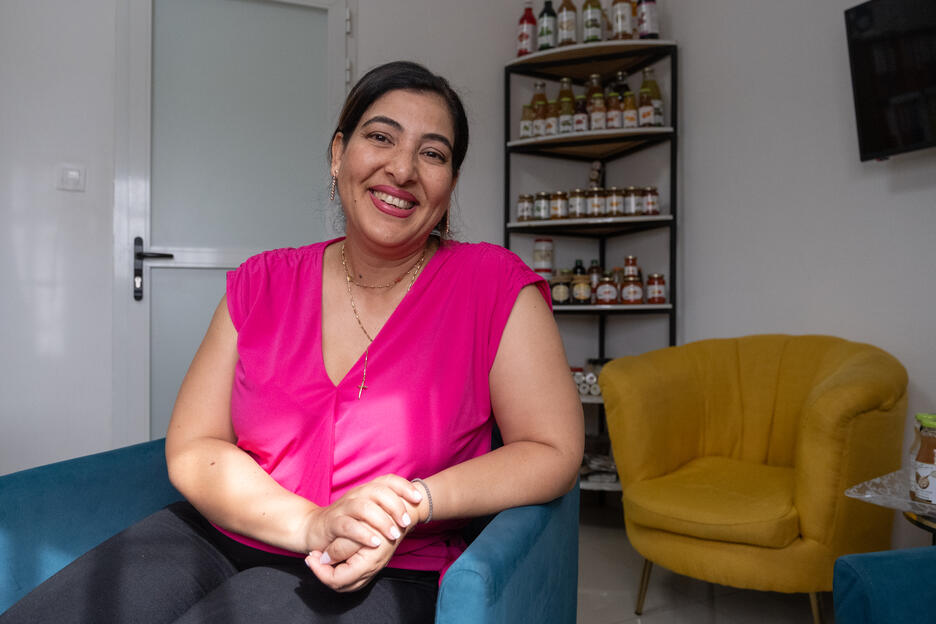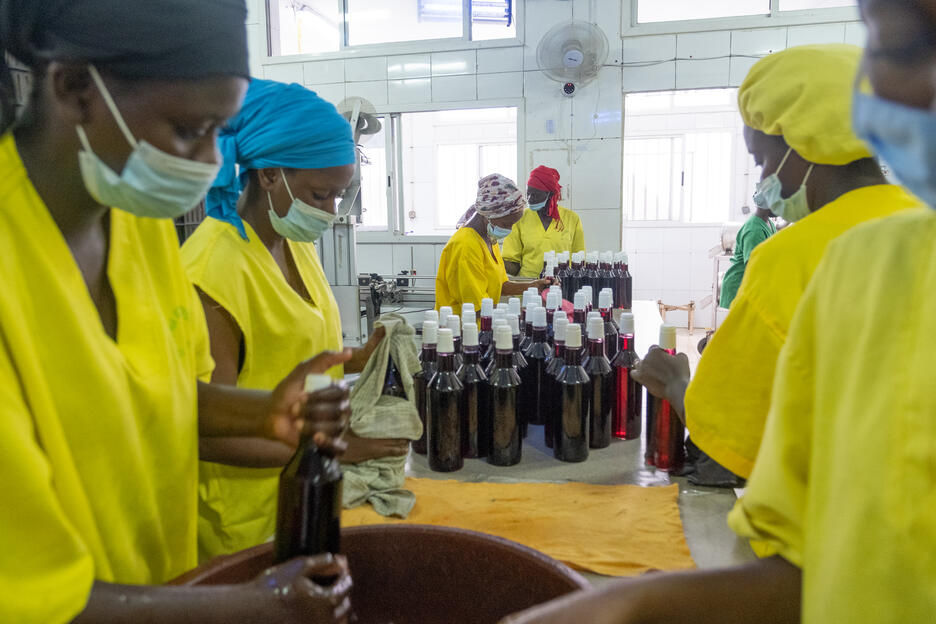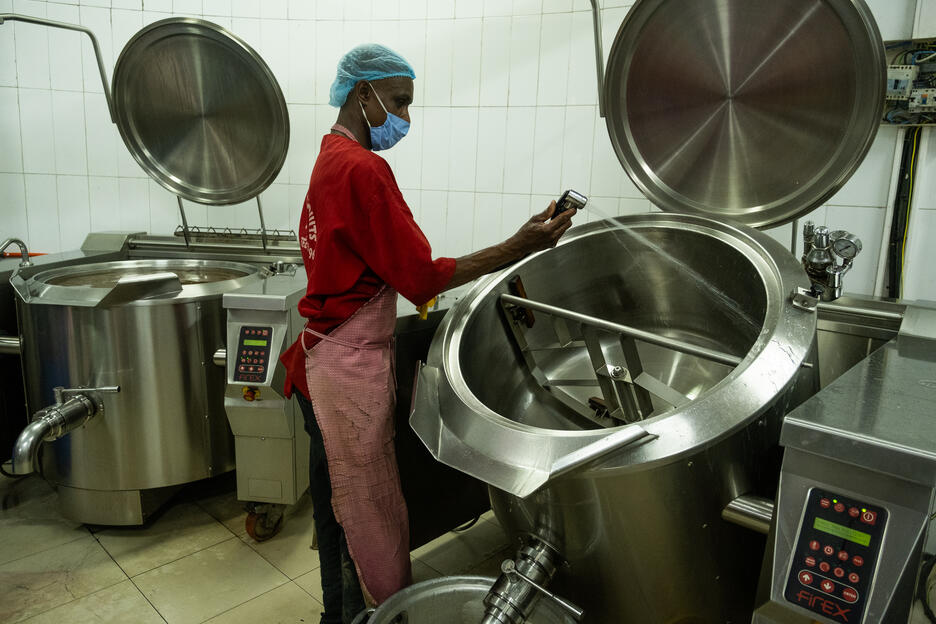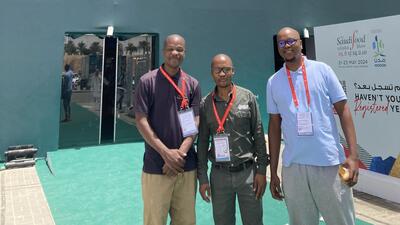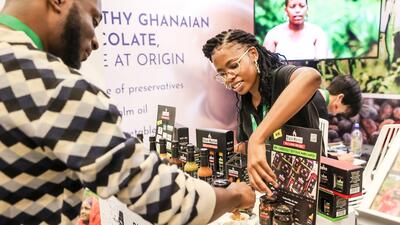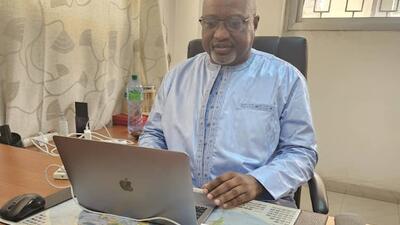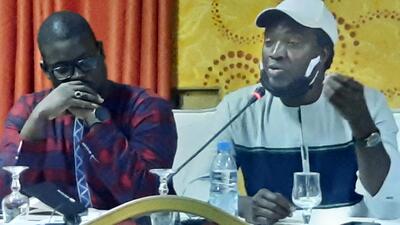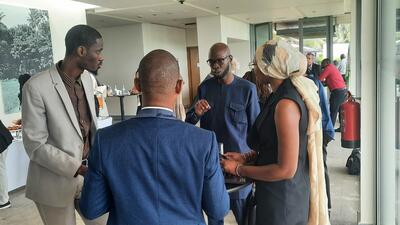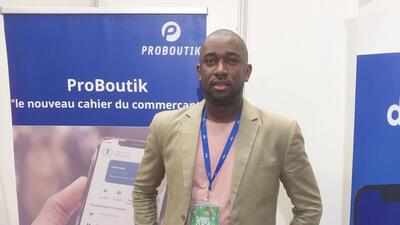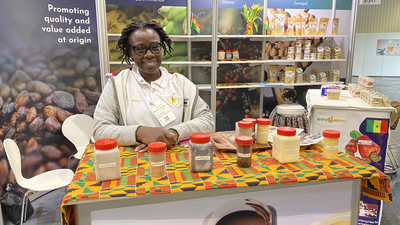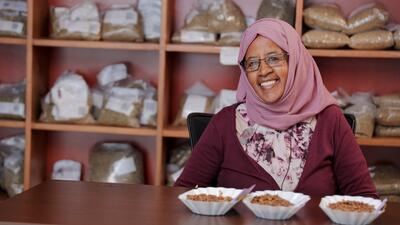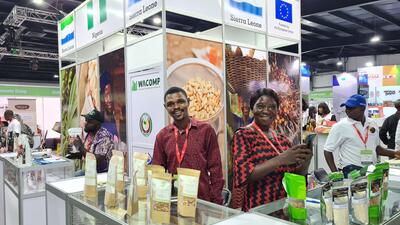
The recipe for business success? Empower those who are willing to give everything!
Zena Exotic Fruits SA is one of Senegal’s agri-food wonders. Created in 1986, the family production’s name pays tribute to the first granddaughter of founder Toufic Filfili, who migrated from Lebanon to Senegal and created a company that would turn local mangoes destined for waste, into jams.
Even though beginnings were tough, and the country’s culture first rejected his jam and jelly products, the company transformed into a successful business thanks to Toufic’s son, Zouheir Filfili.
When Randa Filfili, Zouheir Filfili’s wife, joined the company in 2003 as Director General, she knew how to grow Zena’s productivity. How? By being inclusive. She told Trade Forum why women, youth and persons with disabilities matter, the company’s aspirations to stay relevant on the market, and why challenges take patience.
The interview has been edited and condensed for clarity.

Women are born entrepreneurs.
When we expanded our business in 2003 and needed to fill more hours, the women, who were only support staff at that time, were immediately on board: They were motivated to increase their income to secure their children’s future. Some women who work here are the sole provider for their family. Developing Zena further served also as an inspiration for the women as they understood that it impacts their future too. They have been trained and gained expertise.
The impact of my decision has been tremendous for these women, and for Zena.
Young people are essential. Youth make up around 70% of Senegal’s population. They have assets, acquired skills, training, diplomas. But they lack supervision and motivation. When we were young, we did not have their strengths and skills, but we nevertheless managed to grow. With both the skills and right supervision, you can have stunning results.
That is why we have recruited eight new young members to lead on our corporate five-year development project – they are in charge, under my advice, so their creativity can flow. They are trained in finance, project planning, supply chain, and social impact – which I am not. I see enthusiasm and potential thanks to the opportunity we are giving them.
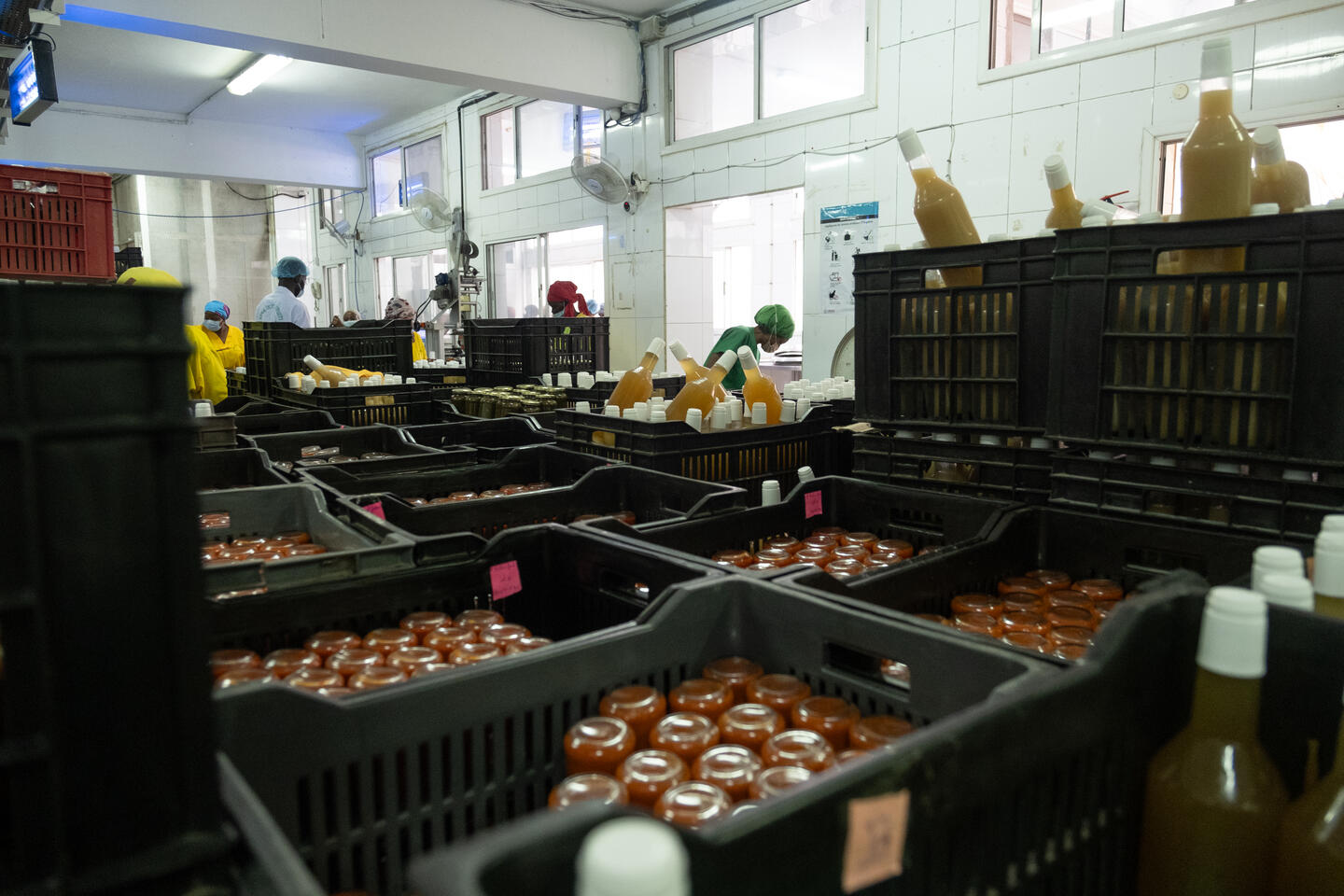
I am of Lebanese origin – I lived my entire youth during a war period. We know that injured people can be stigmatized by society, so we created an association for war-disabled people.
Also, my husband was raised by a deaf-mute who took care of him, and he knows sign language. We have integrated deaf and mute people into our team, which wasn’t easy for others to accept. My husband trains our managers in sign language for a better understanding and communication.
Handicap International supports us in raising awareness. We were the first company to do this in Senegal. We are proud that Zena has received several first prizes in this regard.
Doing business has its constraints and challenges. Being a woman entrepreneur is an extra challenge. Women have this burden to need to prove themselves. We need to invest in skilling women as managers.
If you export you must know the formalities, incoterms, transit, logistics... mistakes are costly. Trade shows help with visibility but doing it alone is not sustainable. We need organizations such as the International Trade Centre that put us on the right path. This is crucial.
Exporting and investing also requires liquidity and therefore financing, for which we are often not eligible because subsidies for private companies are rare. Grants and subsidies are mostly given to economic interest groups, women and youth associations or state-driven projects.
The Enterprise Resource Planning I intend to use will hopefully help us achieve objectives tailored to our business, with return on investment and the possibility of development.
We need continuous support to build our internal capacities and opportunities, even if they only materialize in two or three years. It needs patience.

Our five-year planning has three angles:
1. We want to disrupt traditional business models as they do not empower suppliers. We have decided to lead our own project, approaching those who really want to change and use fair prices for suppliers.
2. Increase our production capacity. We want to relocate stocks to expand our production (double or even triple it). Our three freezing rooms are saturated. We have been stagnating on a specific turnover for three years now – we cannot move forward.
3. Look for new markets. Dubai is interested in jams while Europe could be a potential market for low-fat and sugar-free juices, chili, and syrups. You must know where to place which product.
Zena Exotic Fruits S.A. is one of 12 processing enterprises from Senegal's cashew sector that ITC's Alliances for Action initiative is supporting through the Netherlands Trust Fund V programme, funded by the Dutch Ministry of Foreign Affairs.




